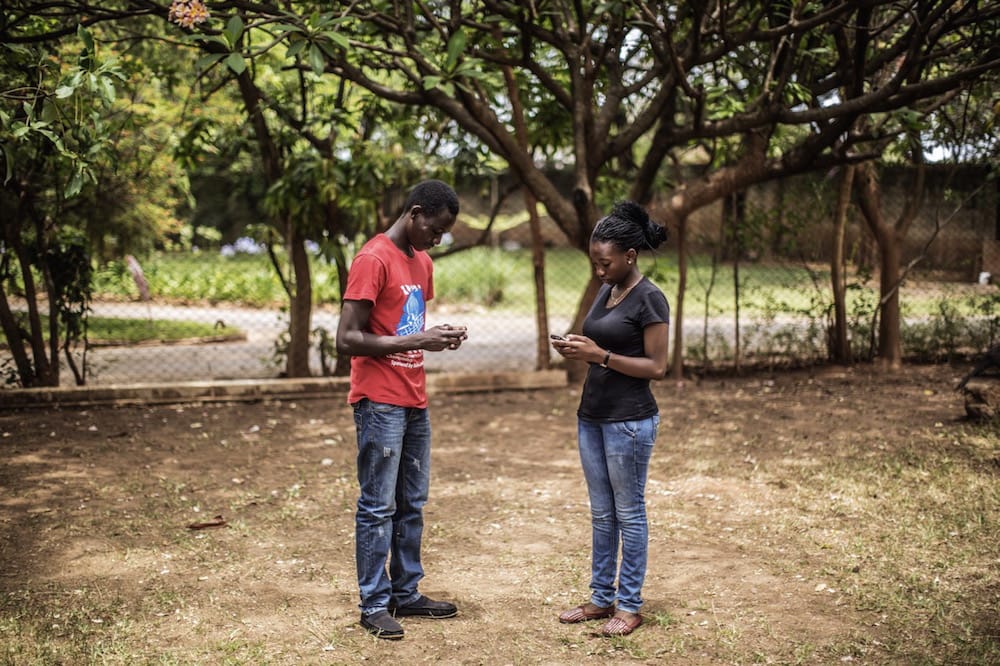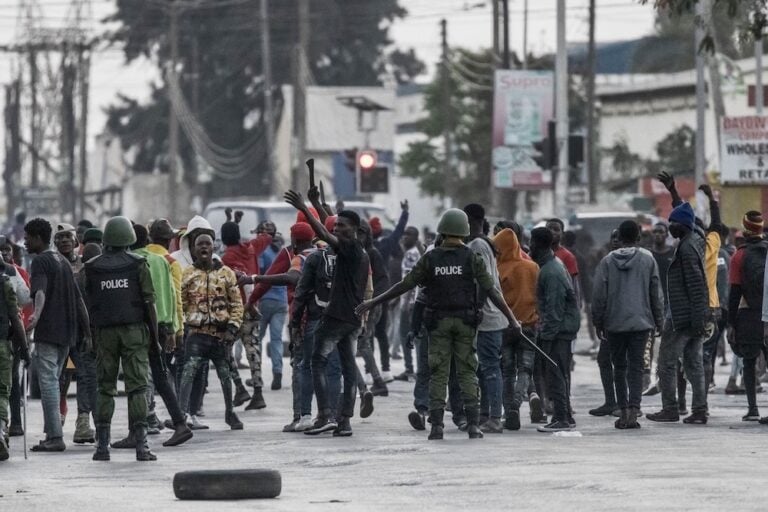A number of Zambian civil society organisations believe their recently passed cybercrime law contains provisions that threaten constitutionally protected rights.
This statement was originally published on zimbabwe.misa.org on 6 April 2021.
Zambian civil society organisations have approached the High Court in Lusaka accusing the government of violating the Constitution through the enactment of the Cyber Security and Cyber Crimes Act.
Chapter One Foundation, Bloggers of Zambia, Gears Initiative, People’s Action for Accountability and Good Governance in Zambia and the Alliance for Community Action, argue that the new law contains provisions that threaten the right to protection of the law and the right to freedom of expression, among other constitutionally guaranteed rights.
The civil society organisations want the Cyber Security and Cyber Crimes Act to be declared unconstitutional.
Among others, the Cyber Security and Cyber Crimes Act, seeks to promote the “responsible use of social media platforms”.
The new act may also allow the government to listen to people’s conversations without a court order.
Furthermore, the law orders that service providers should provide services that are “capable of rendering real-time and full-time monitoring facilities for the interception of communications”.
This will be done through the setting up of a Central Monitoring and Coordination Centre through which intercepted communication and call-related information will be forwarded.
MISA Zimbabwe position
The enactment of the Cyber Security and Cyber Crimes Act has a chilling effect on freedom of expression, media freedom and Zambians’ right to privacy.
The Act falls far short of regional and international standards and instruments on human rights such as the African Union Convention on Cyber Security and Personal Data Protection (Malabo Convention, which sets the standards for cybersecurity and personal data protection laws as well as capacity building, knowledge exchanges and experience sharing among signatories.
President Edgar Lungu has previously warned that the Act may be used to deal with social media abusers.
MISA Zimbabwe has already stated its position that there are real fears that governments in the region could soon be relying on cybersecurity laws to curtail freedom of expression and of the media.
An SADC (Southern African Development Community) meeting last year resolved to “take pre-emptive measures against external interference, the impact of fake news and abuse of social media particularly in electoral processes”.
A number of countries in the region are in the process of coming up with cybersecurity laws and this could mark the beginning of a serious decline in the exercise and enjoyment of freedom of expression and media freedom in Southern Africa.
We urge the government of Zambia to take a step back, and if need be, amend the sections of the Act that limit the rights of Zambians.



